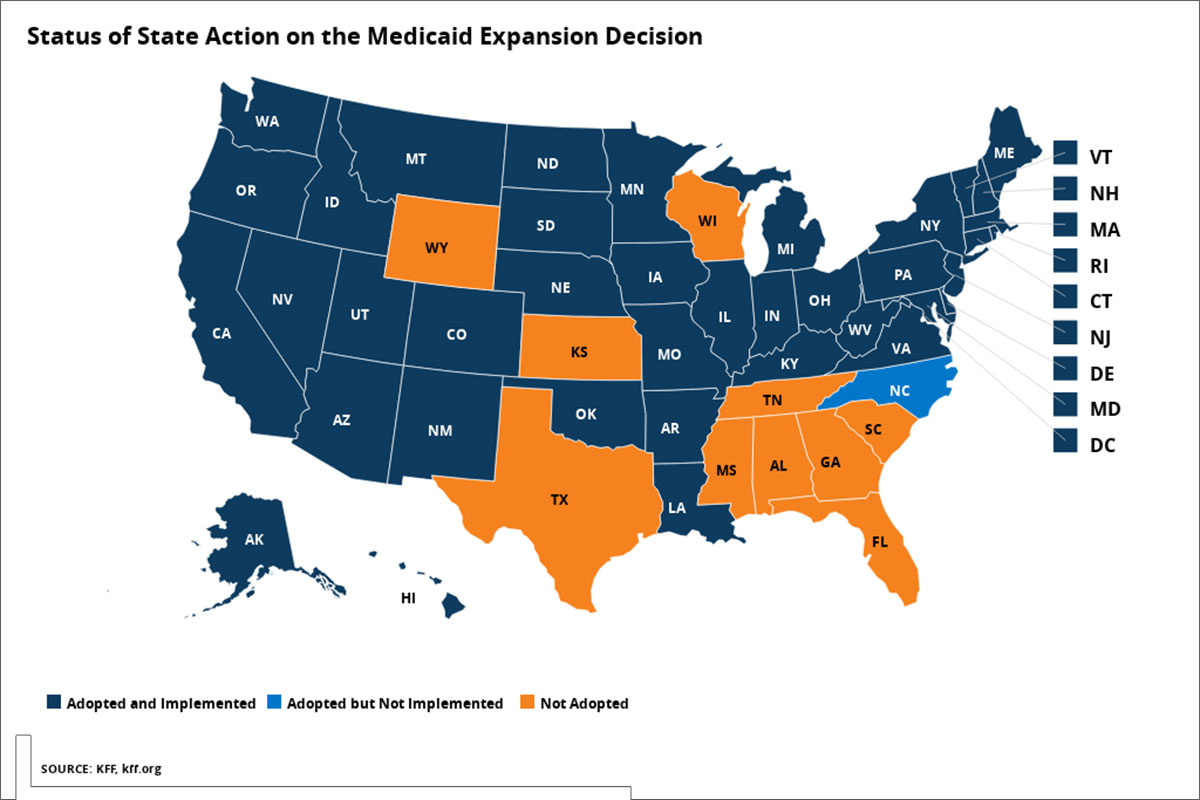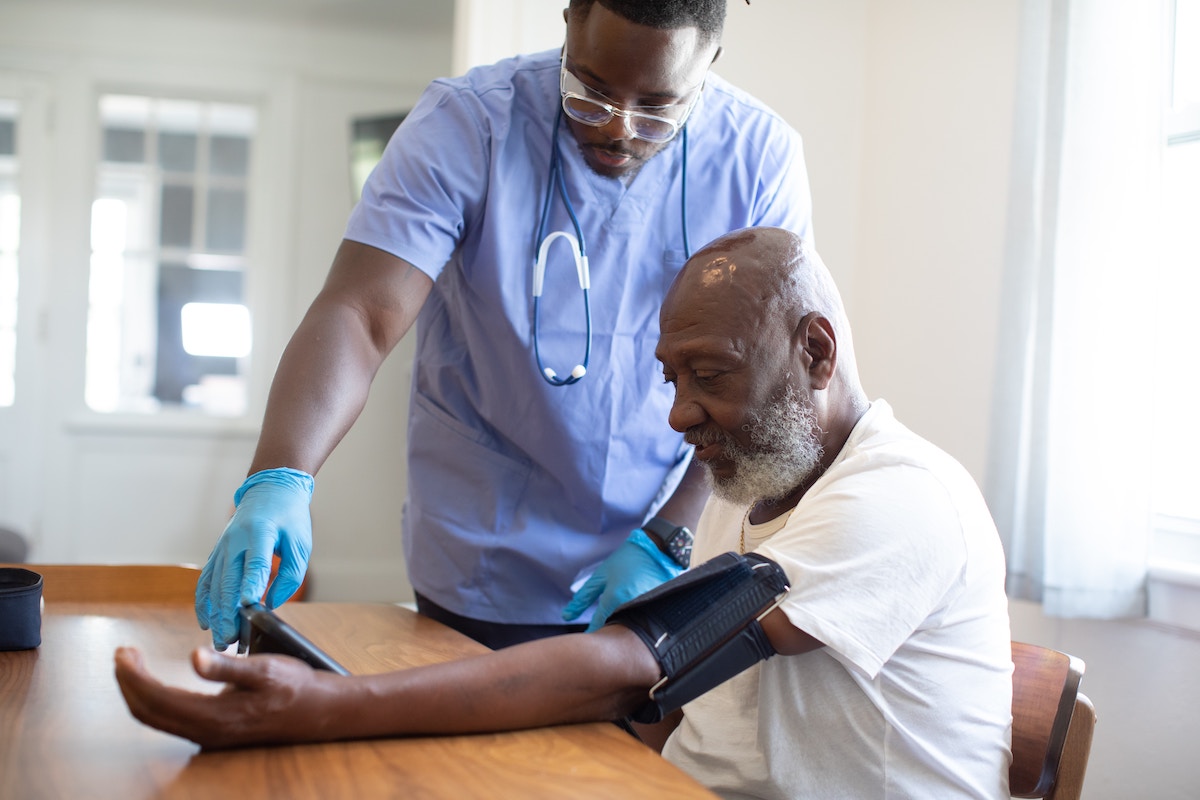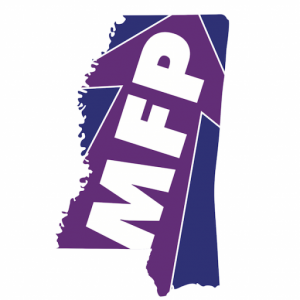Low-income Mississippi residents face significant challenges in accessing affordable health care. In 2021, Mississippi had the fifth-highest uninsured rate in the country. Today, nearly one in five residents in this state live in poverty. Mississippi’s health-care system also ranks last among all states across various measures of access to health care, quality of care, health-care utilization, cost of care, health outcomes, and income-based health-care disparities. The most vulnerable residents are at risk for the worst health outcomes.
In 2022, a Black Mississippi mom gave birth to a healthy 7-pound, 5-ounce baby boy. Let’s name her Linda. Two days later, Linda left the hospital with her baby boy Malachi, and she stayed at home with him for three weeks as she healed. She wanted to nurse and care for him for at least the remaining three weeks her job allotted her for maternity leave. However, that job wasn’t paying Linda during her absence. Three weeks was all she could afford to stay at home without pay.
Linda returned to work a glowing new mom, but with slight disappointment in her eyes every day as she left her newborn at a daycare center she could barely afford. Eight weeks after giving birth, the guilt of leaving her baby started to weigh on Linda. She became depressed and felt like she wasn’t the best mom he deserved, even when she was with Malachi. This sadness affected her more with each day until it ultimately snowballed into other health issues.
Just a year ago, Linda had no choice but to try to will herself back to health on her own because postpartum health care ended six weeks after childbirth in Mississippi. Now that postpartum Medicaid has expanded, mothers like Linda will have a year of access to the healthcare they need during the most detrimental time to them and their babies. That’s a win for Mississippi, but what about the other 300,000 poor, working Mississippians without health coverage?
Mississippi remains one of only 10 states that has avoided Medicaid expansion despite economists saying the policy would not only bring health coverage to those hundreds of thousands of said poor Mississippians, but would also help boost the economy. It has the potential to bring approximately $1.5 billion in new revenue annually while creating jobs and helping bolster the budgets of struggling hospitals. As we already know, and as lawmakers have unveiled, they already “have a substantial amount of revenue.”

How do you explain having funds to help the working poor to a lifelong Mississippian who plans on staying, but the state refuses to invest in programs that provide access to quality healthcare? Let’s call him James. James is a farmer in the Delta. He rises before the sun, preparing his crops, but the agriculture business can be challenging. Suppose his fields don’t produce properly, unexpected unseasonal weather or a horrible bug infestation occurs. In that case, it can be a terrible year for his family financially. James cannot afford health care out of his pocket.
But why shouldn’t he? James is a hard-working man. He is an upstanding model of a Mississippi resident who provides a necessary service to Mississippi’s economy. His line of work does not make him financially wealthy, but his service is invaluable to the state and surrounding areas. The short answer to why James isn’t receiving the health-care assistance he needs is that many lawmakers consider it “socialized medicine” or “welfare.” Additional watered-down, negative trigger words like “Obamacare” and obstructive phrases like, “Don’t cave under the pressure of Democrats” fuel certain groups to believe that affordable healthcare is merely a handout and not a necessity.
None of those words mean anything. The only thing that matters in Medicaid expansion is that Mississippians get the health care they need and deserve, residents are healthy, and the state makes investments that will sustain long-term. Mississippians are dying without access to health care, while there is a sensible solution to help those desperately trying to help themselves.
This MFP Voices essay does not necessarily represent the views of the Mississippi Journalism and Education Group, the Mississippi Free Press, its staff or board members. To submit an opinion for the MFP Voices section, send up to 1,200 words and sources fact-checking the included information to azia@mississippifreepress.org. We welcome a wide variety of viewpoints.






